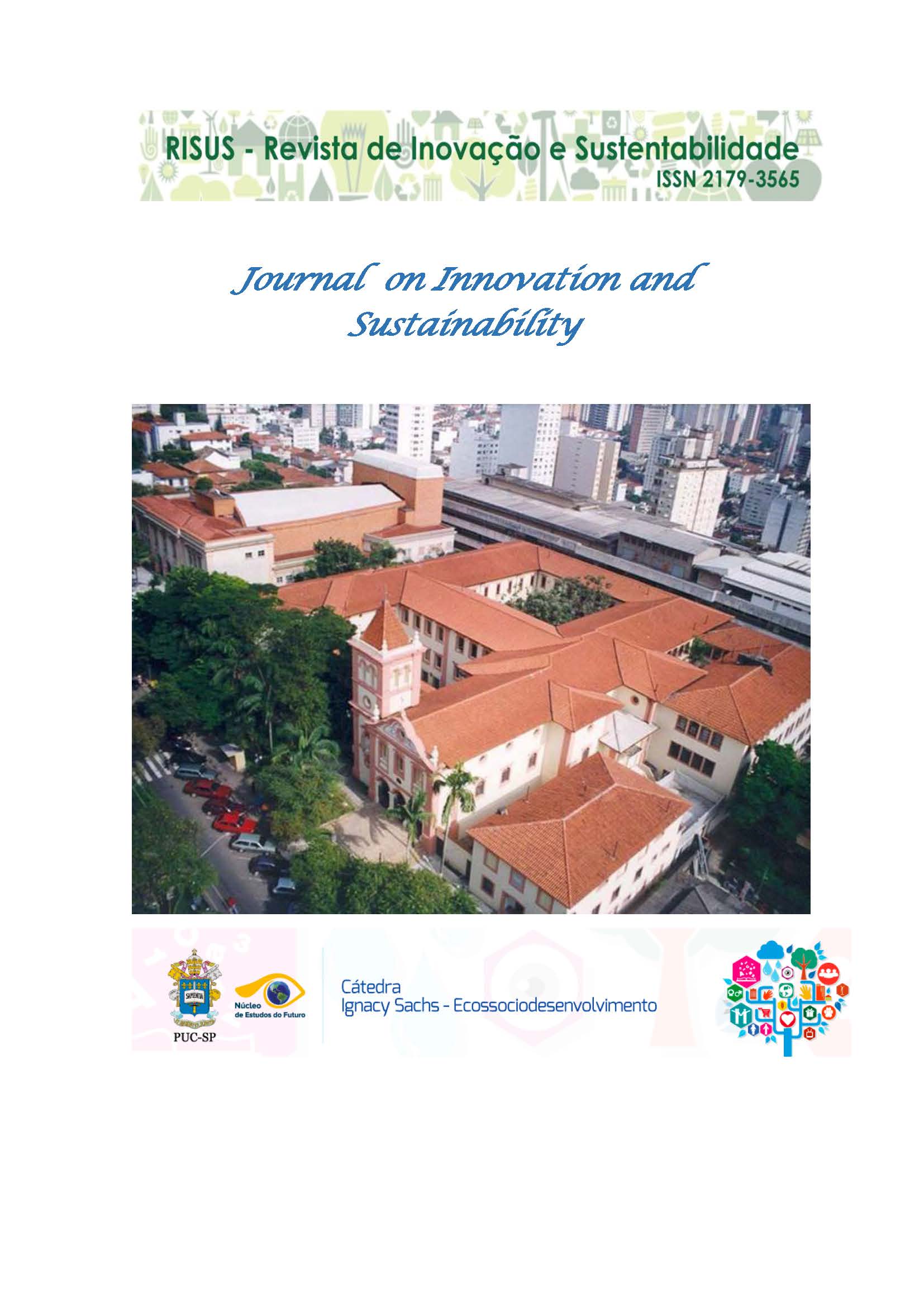Might Digital Revolution be a threat for Employability?
DOI:
https://doi.org/10.23925/2179-3565.2022v13i4p4-10Palabras clave:
Digital Revolution, Employability, Artificial Intelligence, Information and Communication TechnologiesResumen
The present study aimed to discuss the 21st Century digital revolution and its impact on the employability of individuals, and how they can be prepared to reinvent themselves to face the new demands of the labor market. Recent developments in computing, robotics and artificial intelligence have developed even more powerful systems, showing to be capable of performing complex tasks, previously performed only by humans. In this sense, when analyzing societies connected by a bunch of technological resources integrated into a networked system leads us to think about the employment scenario in near future, considering the importance of preparing ourselves to guarantee our existence in a highly challenging and, yet unknown context. The likely outcomes of this revolutionary transformation depend on how the gains are distributed as it is already perceived a deterioration of inequalities in the labour market. What is expected is that impacts generated by the digital revolution on employability might be more socially fair and economically prosperous for all parts involved.
Citas
Antunes, R. Os sentidos do trabalho: ensaio sobre a afirmação e a negação do trabalho. São Paulo: Boitempo Editorial, 2015.
Arthur, M. B., & Rousseau, D. M. The boundaryless career as a new employment principle. In: Arthur, M. B., & Rousseau, D. M. (ed.). The boundaryless career. New York: Oxford University Press, 1996.
Berg, A., Buffie, E. F., & Zanna, L.F. Robots, crecimiento y desigualdad. Finanzas & Desarrollo, 2016, 53(3):10-13.
Campos, V. T. B. Marcas indeléveis da docência no Ensino Superior: representações relativas à docência no Ensino Superior de pós-graduandos de instituições federais de Ensino Superior. Tese (Doutorado), Universidade de São Paulo – USP, São Paulo, 2010.
Cardin, V. S. G., & Wolowski, M. R. O. Implicações jurídicas do uso da inteligência artificial no processo educacional: pode a máquina substituir um professor humano? Revista Jurídica, 2021, 1(63):198-220.
Corrêa, F. K., & Careta, B.C. Ser digital é ser humano: a busca pela qualidade em soluções de Inteligência Artificial para práticas de recursos humanos. São Paulo: Proceedings of the XXXI Encontro da Associação Nacional de Pós-Graduação e Pesquisa em Administração, 2019.
Earnest, L. The first ten years of artificial intelligence research at Stanford. Stanford University, Dept of Computer Science, 1973.
Felipe, B. F. C., & Perrota, R. P. C. Inteligência Artificial no Direito - Uma realidade a ser desbravada. Revista de Direito, Governança e Novas Tecnologias, 2018, 4(1):1-16.
Gudwin, R. R. Novas fronteiras na inteligência Artificial e na robótica. Proceedings of the IV DINCON’2005, 2005:01-18.
Huang, M.-H., & Rust, R T. Artificial intelligence in service. Journal of Service Research, 2018, 21(2):155-172.
Kovács, Ilona. Os avanços tecnológicos e o futuro do trabalho: debates recentes. Proceedings of the XVI Encontro Nacional de Sociologia Industrial, das Organizações e do Trabalho, Futuros do Trabalho: Políticas, Estratégias e Prospetiva, 2016. 27:10-23.
Lavinas, L. Empregabilidade no Brasil: inflexões de gênero e diferenciais femininos. Texto para Discussão, 2001, 826.
Lino, N. L., & Rousy, P. T. D. Modelo de percepção de agentes inteligentes baseados em emoções. Proceedings of the V Brazilian Symposium on Computer Games and Digital Entertainment, Recife, Sociedade Brasileira de Computação, 2006.
Mcquarrie, M. The revolt of the Rust Belt: place and politics in the age of anger. The British Journal of Sociology, 2017, 68:120-152.
Meyer, Henning. Inequality and Work in the Second Machine Age. SE Journal, The Worker Institute, 2014, 4:1-9.
Padios, J. M. Mining the mind: emotional extraction, productivity, and predictability in the twenty-first century. Cultural studies, 2017, 31(2-3):205-231.
Pereira, L. M. Inteligência Artificial: mito e ciência. Revista Colóquio-Ciências, 1988, 3:1-13.
Schultz, T. W. Investment in human capital. The American Economic Review, 1961, 51(1):1-17.
Sellitto, M. A. Inteligência artificial: uma aplicação em uma indústria de processo contínuo. Gestão & Produção, 2002, 9:363-376.
Soares, M. G. A Quarta Revolução Industrial e seus possíveis efeitos no Direito, economia e política. Lisboa: Universidade Autônoma de Lisboa, 2018.
Souza, L. C.; Pinto, S.L.A. Tecnologia e trabalho na era da informação. Scientia Iuris, 2017, 21(3):99-124.
Teixeira, J. O que é inteligência artificial. E-Galáxia, 2019.
Wittenberg-Cox, Avivah. Human Rights and Inequality in The Digital Age. https://www.forbes.com/sites/avivahwittenbergcox/2022/03/27/human-rights--inequality-in-the-digital-age/?sh=2324399e243c, 2022.

Descargas
Publicado
Número
Sección
Licencia
This Journal is licensed under a Creative Commons Attribution-Non Commercial-No Derivers 4.0 International license.
1.The author (s) authorize the publication of the article in the journal;
2.The author (s) warrant that the contribution is original and unpublished and is not in the process of being evaluated in other journal (s);
3. The journal is not responsible for the opinions, ideas and concepts emitted in the texts, as they are the sole responsibility of its author (s);
4. The editors are entitled to make textual adjustments and to adapt the articles to the standards of publication.

